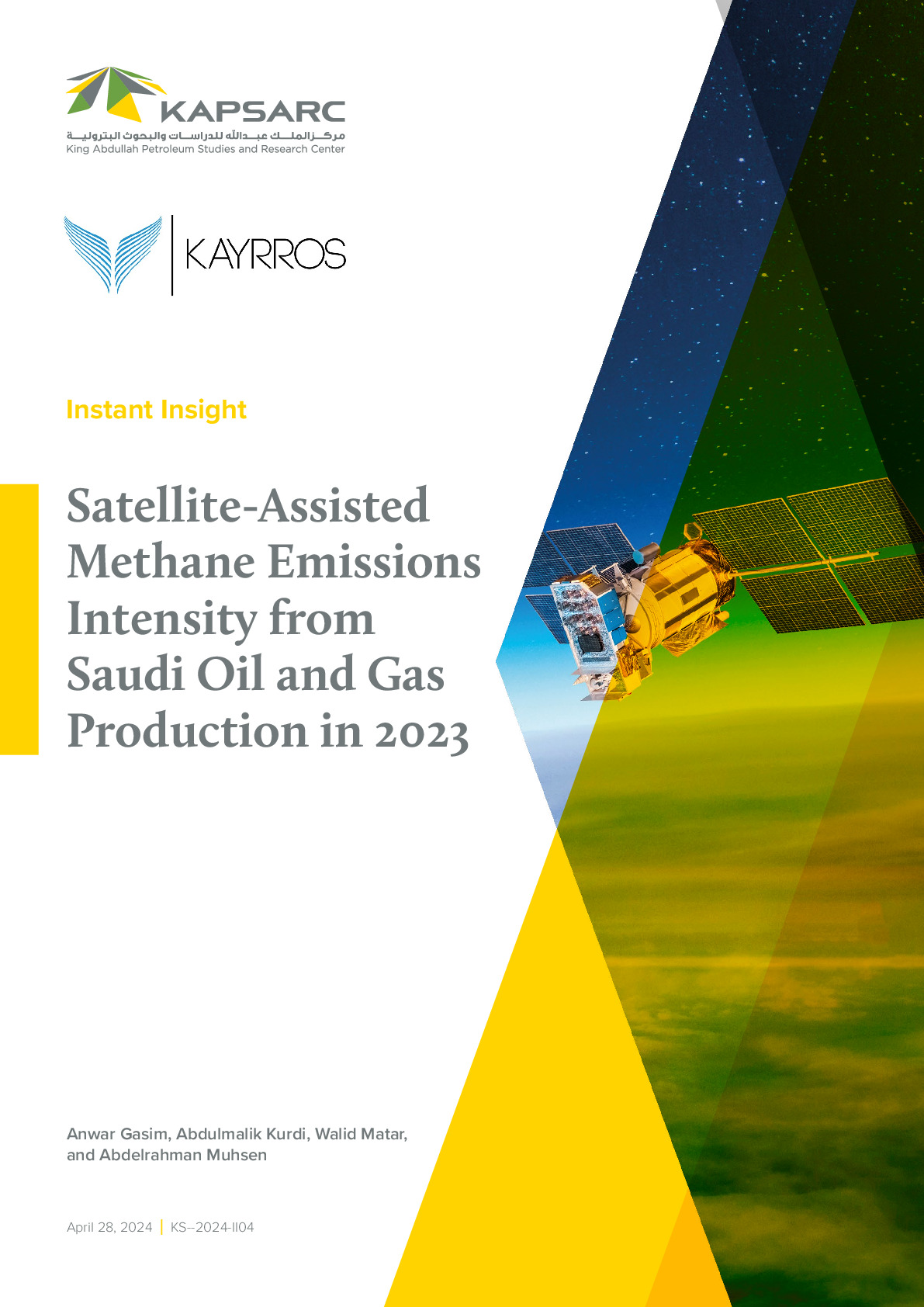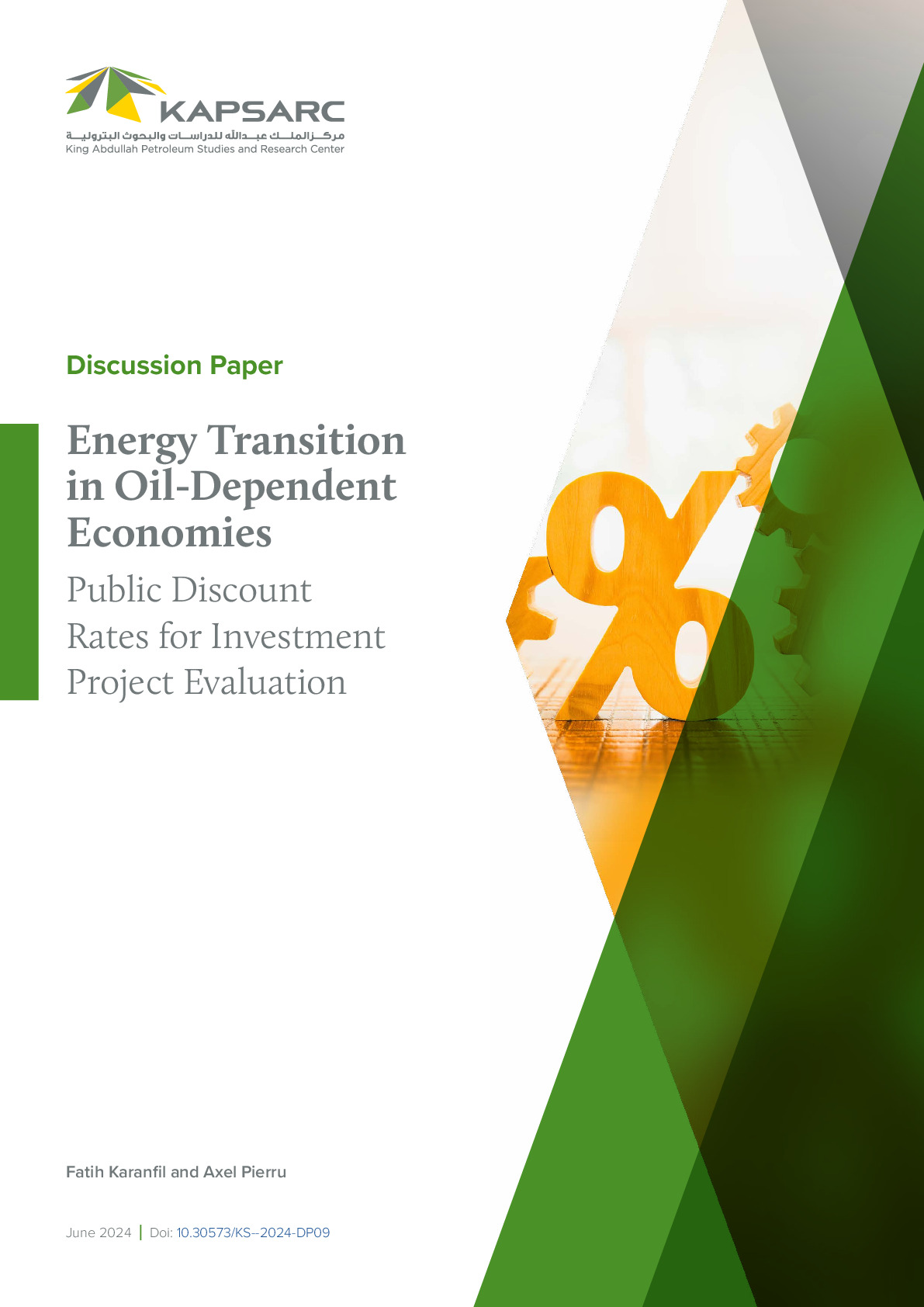Using a multi-sector equilibrium model of the Saudi energy system that handles administered prices in a mixed-complementarity formulation, we present results from a set of policy scenarios that lower oil consumption in the country. Some of these scenarios are the solutions to Mathematical Programs subject to Equilibrium Constraints (MPECs) that maximize the net economic gain for the Saudi economy. The policies examined have the potential to generate economic gains exceeding 23 billion USD in 2011, or about 4% of Saudi Arabia’s GDP. This economic gain comes mainly from inter-sectoral fuel pricing policies that incent shifting the mix in technologies that generate electricity and produce water from energy intensive technologies to more efficient ones. We show that when complemented by credits for investments in solar and nuclear power generation capacities, a modest increase in the transfer prices of fuels among sectors is sufficient to produce economic gains close to those achieved by deregulating transfer prices. The approach we develop here is an alternative to the classic recommendation of deregulating inter-sectoral fuel prices in situations where the conditions for successful liberalized markets do not exist. It is a template for introducing the notions of incentivizing behavior using prices into countries that rely more on administrative procedures than markets, leading to a deeper understanding of how markets can lead to economic gain. © 2015 Elsevier B.V.

Research Fellow
Walid works on modeling energy systems. He is developing or has developed the following components of the KAPSARC Energy Model…
Walid works on modeling energy systems. He is developing or has developed the following components of the KAPSARC Energy Model (KEM): electric power generation, oil refining, petrochemicals and fertilizers, cement production, and iron and steel. He is also working on a bottom-up residential electricity use framework that merges microeconomics with the physical laws governing electricity use.
Expertise
- Energy Systems Modeling
- Optimization
- Electricity Prices
- Energy Efficiency and the Interdisciplinary Connection Between Energy Economics and Engineering
Publications See all Walid Matar’s publications
Energy Policy Pathways to Inform Climate Policy in Saudi Arabia
Using a multi-sector equilibrium model of the Saudi energy system that handles administered prices in…
1st May 2024
Satellite-Assisted Methane Emissions Intensity from Saudi Oil and Gas Production in 2023
Using a multi-sector equilibrium model of the Saudi energy system that handles administered prices in…
28th April 2024




